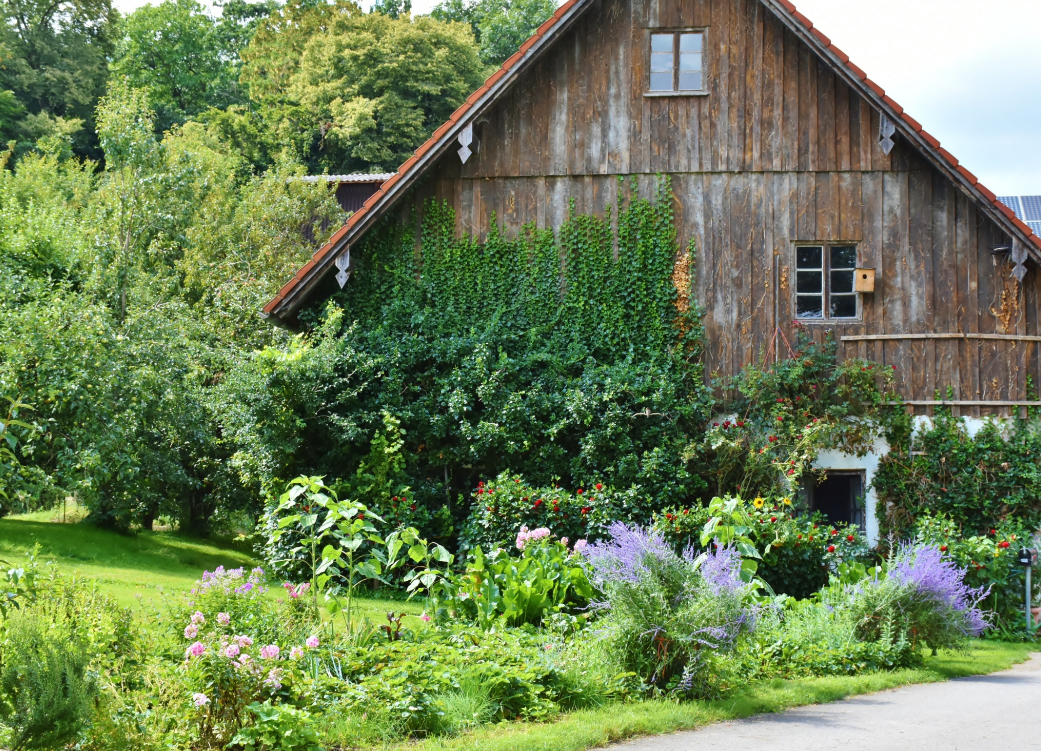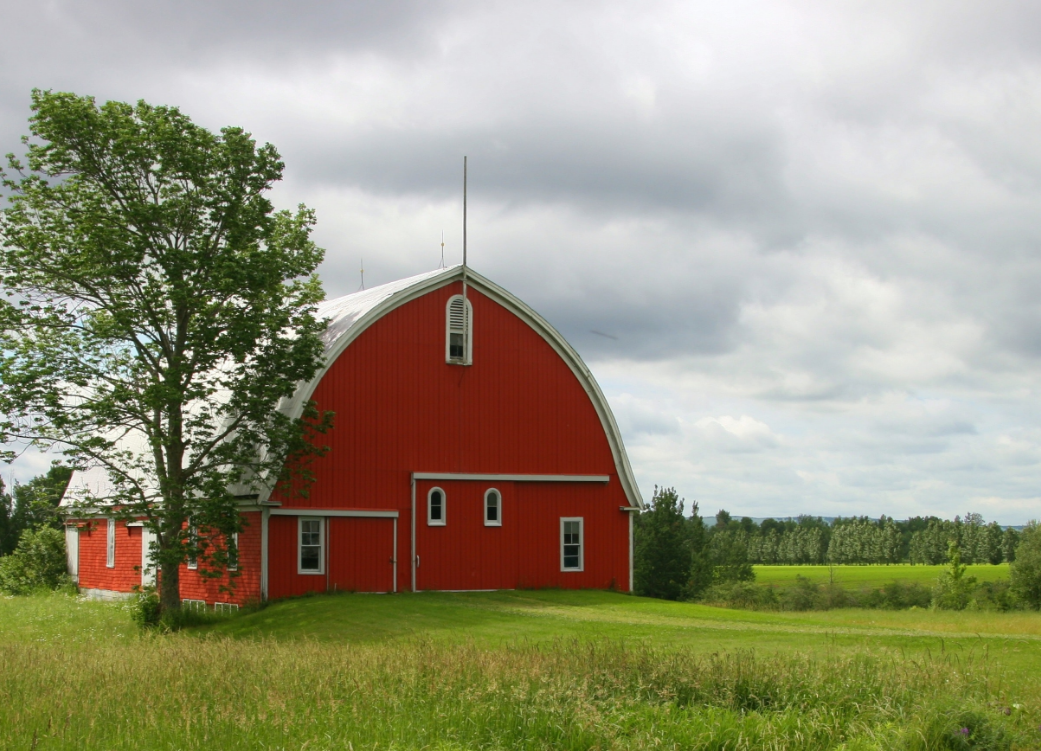Raising Healthier and Happier Children Outside
Picture a child in today’s world: their eyes are glued to the screen of a tablet, their small fingers swipe frantically across a tiny screen, colors flash before their eyes. Children’s lives in the 21st century are practically defined by their near constant exposure to technology. The impact of technology on young children and their development is staggering. Data shows the use of technology from a young age drastically hinders the development of social skills and results in higher levels of social anxiety. It also encourages internet connections over real-life relationships (including friends and family), impedes the development of patience and other problem solving attributes, and drastically reduces the attention spans of children. A study conducted in Canada found that preschoolers who had more than two hours of screen time per day were five times more likely to display behavioral problems, including inattention, than children who were exposed to screens fewer than 30 minutes per day.
Playing in the dirt for fun, creating imaginative stories, running around outdoors, building forts out of branches, solving problems with patience and perseverance – all the things that make childhood childhood – have been replaced with mind-numbing entertainment. Fortunately, there’s one lifestyle choice that gives children a fighting chance to develop essential skills: living on land with acreage. Not only is there a proven advantage to raising children in a rural setting when it comes to mental health and social skills, data also shows that kids raised in a rural space are physically healthier, with much higher immune systems and fewer allergies.
Safety Considerations
The potential dangers of a childhood on land with acreage can loom in a concerned parent’s mind. Luckily, with a few easy steps, your mind can be put at ease knowing your child is aware of the potential dangers around them, and equipped to handle any threats. The following steps are a great place to start:
- Come up with a straightforward and easy plan with your child in the event of extreme weather, moving equipment, or other dangers. If your child is educated about what could go wrong, and what to do to protect themselves, they’ll jump at the chance to prove themselves capable!
- Establish clear rules and boundaries based on your child’s age. Expand these boundaries as they age and mature, instilling in them a sense of confidence. Enforce clear consequences if these boundaries are not followed, teaching the importance of self discipline.
- Focus heavily on safety surrounding moving vehicles, tractors and ATVs. Talk with your child about what could go wrong and how to prevent injuries. Young children are hungry for knowledge, so instead of avoiding the topic altogether out of fear, explain why moving vehicles are dangerous and how your child can stay safe around them.
Instilling Real-Life Skills and Values
Exposure to dangers such as water, weather, moving equipment, and livestock are all part of rural life. With each experience comes a prime opportunity to teach your children from an early age how to handle emergency situations, how to take care of themselves and how to recognize dangers. Kids who grow up in a rural setting naturally develop a better understanding of safety, self-reliance, confidence and teamwork.
Growing up on land with acreage helps to instill a strong work ethic and invaluable community values. There is always work to be done on acreage and giving kids the opportunity to learn how to work hard and help a neighbor is a lifelong skill that will give back to them again and again. Many projects on rural land end up doubling as precious family bonding time, moments that are increasingly rare in today’s digital world. Values such as finishing what you start, honesty, and lending a helping hand will naturally be taught when a child grows up on land with acreage. Children with access to land with acreage or forestry will also have a unique perspective on the circle of life as they may witness livestock being born and dying. Although this can be challenging for a child, it is necessary for them to be exposed to the reality of this cycle. The more comfortable they become with it, the more equipped they’ll be to handle the inevitable hardships of life as they mature.



